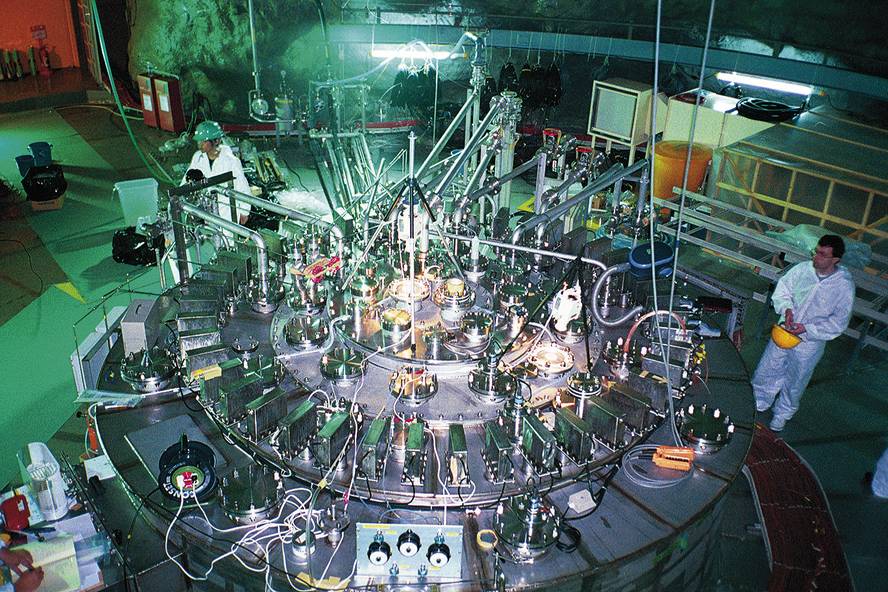Earth still keeps half of the heat it had when creating

Detected the geoneutrines, the Japanese physicists have concluded that radioactivity is due to half the heat that the Earth has. The other half is the rest of the heat it had when the Earth was formed.
To reach this conclusion, physicists at the University of Tohoku (Japan) have measured neutrinos using the KamLAND neutrino detector. More than half of the neutrinos detected by physicists come from reactors and nuclear waste. Others came from cosmic rays, while the final part came from the natural radioactivity of the earth, that is, from the liberation of radioactive elements.
Physicists have calculated that the heat released by natural radioactivity is approximately 54% of that found on the terrestrial surface. The result coincides with calculations made by other methods, so research has been important to confirm the above and current calculations.
In addition, the origin of the rest of the heat has been indicated: it is the rest of the heat that, together gas, dust and other materials, had at the time of the formation of the Earth. Given that the Earth loses one hundred degrees per billion years and that the rate of disintegration of radioactive material is known, the Earth will still take billions of years to cool.





